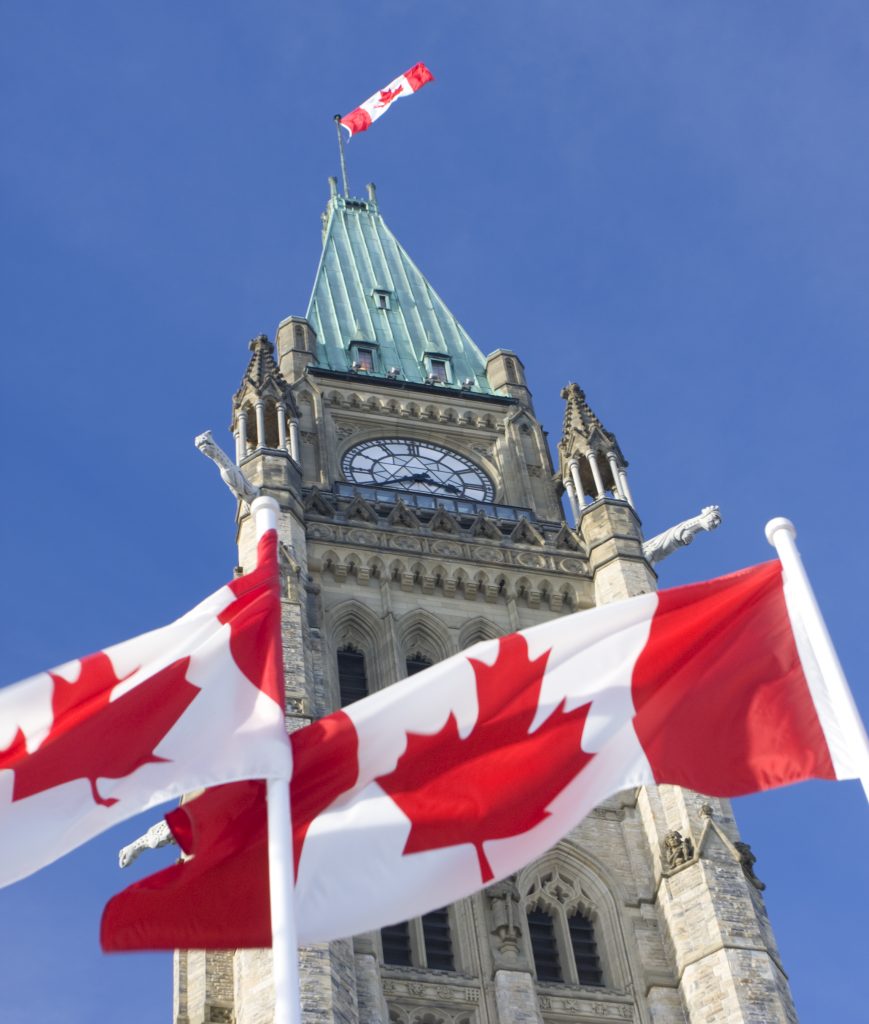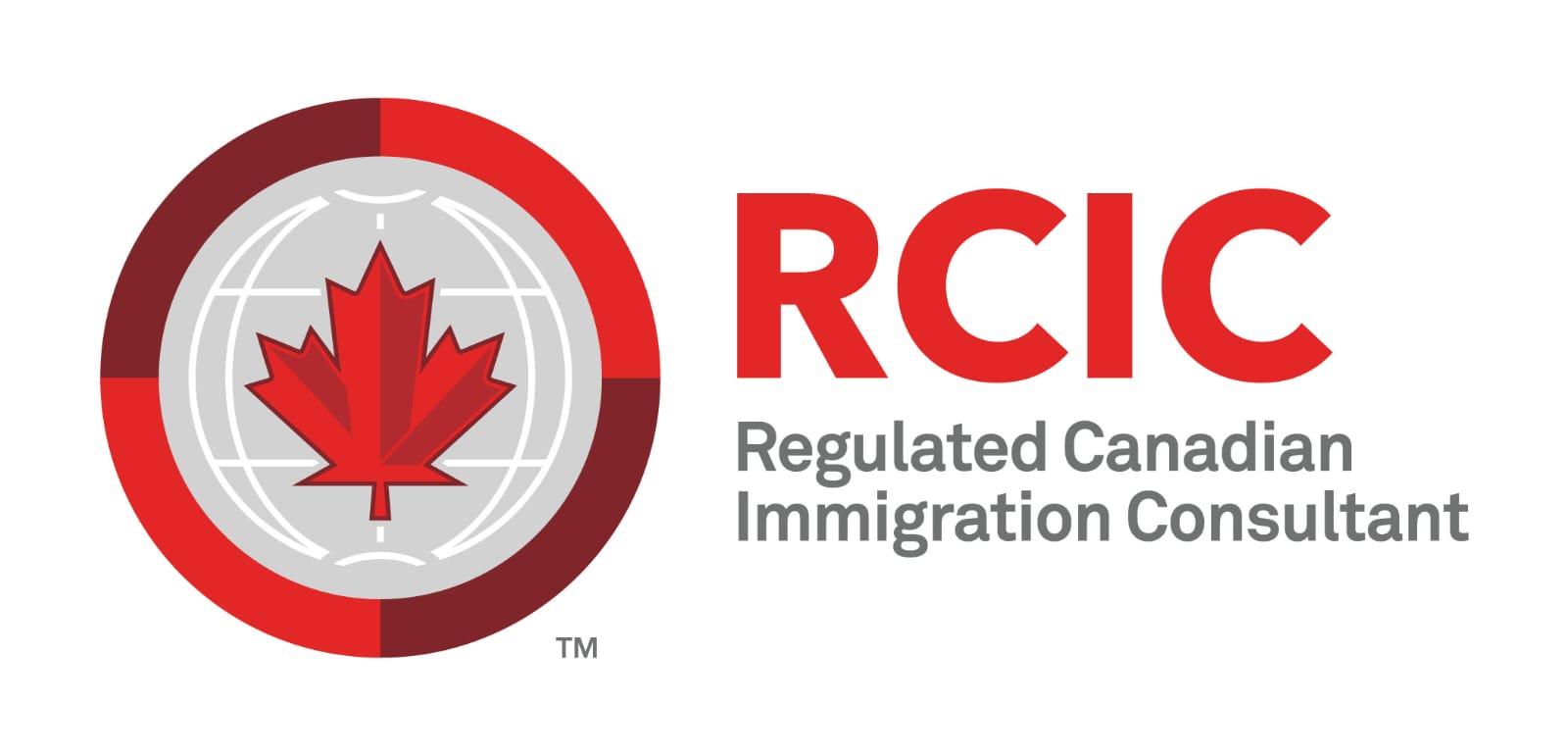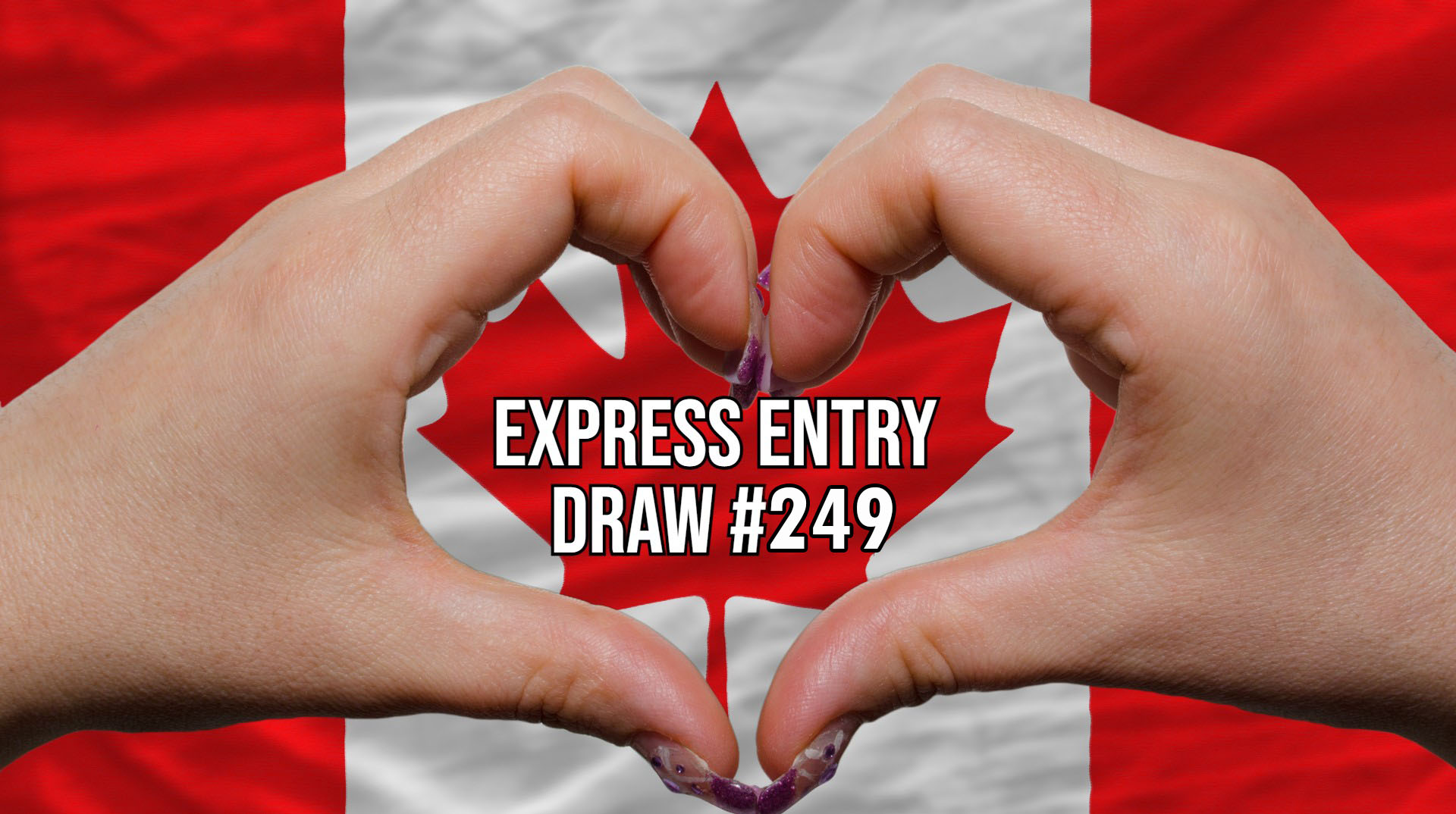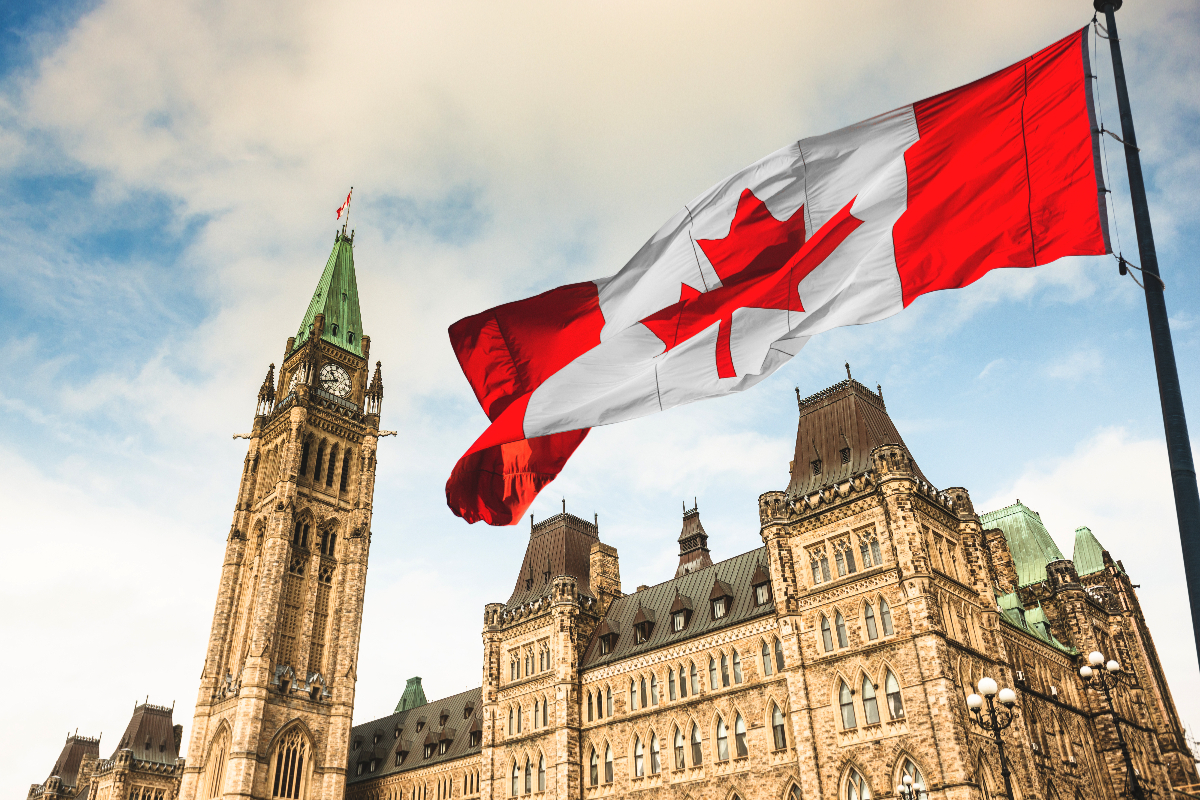Canadian Immigration: The Benefits of an Educational Credentials Assessment when applying to the PNP
Since 2022, the Provincial Nominee Program (PNP) has been among Canada’s top immigration pathways. The success of the program is expected to continue, as described in Canada Immigration Levels Plan for 2023-2025.
The PNP allows all provinces or territories except Quebec and Nunavut to nominate international workers for permanent residence. Those selected for immigration to a particular province or territory are chosen based on the applicant’s ability to help address local labor shortages and support economic development by leveraging their education, skills, and work experience.
Apply to PNP outside of Express Entry
There are two ways to apply for PNP. One is the non-Express Entry application process known as base provincial nomination. This process involves applicants deciding where they want to live in Canada and applying for a nomination directly with that province or territory. Applicants who receive a nomination from the province or territory can apply for permanent residence in that region through Immigration, Refugees and Citizenship Canada (IRCC).
Apply to the PNP through Express Entry
The other option is to apply for PNP through Express Entry. Candidates must be eligible for at least one of the three programs administered under the Express Entry system.
- Canadian Experience Class (CEC)
- Federal Skilled Trades Program (FSTP)
- Federal Skilled Worker Program (FSWP)
Although the minimum entry criteria differ for each of these programs, once a candidate is eligible and creates an Express Entry profile, an invitation to apply will be considered based on their Comprehensive Ranking System (CRS) score.
Some factors that influence a CRS score cannot be changed. For example, age, which obviously cannot be changed by a candidate, is factored into a CRS score. However, a candidate can influence some areas that are considered in a CRS score, such as education. To provide details about her international education, a candidate may obtain an Educational Credentials Assessment (ECA).
An ECA is a document that IRCC reviews to understand how internationally earned educational credentials, such as degrees and diplomas, compare to Canadian standards. An ECA makes a substantial difference in a candidate’s chances of obtaining permanent residence through Express Entry because it can add points to a candidate’s CRS score. An ECA can be purchased from a provider designated by IRCC, such as World Education Services (WES).
Note: WES is one of five organizations designated by IRCC to provide ECAs in Canada (excluding physicians and pharmacists).
The value of an ECA for the Provincial Nominee Program
When a candidate creates an Express Entry profile, they will also be able to identify the specific provinces and territories they are interested in moving to. Doing so will signal to elected regional governments that a candidate has an interest in obtaining permanent residence in that province or territory.
Provinces and territories that operate a PNP will occasionally review Express Entry profiles and offer nominations for prospective immigrants to that region.
In both cases, a WES ECA will result in a higher CRS score and make an Express Entry candidate more attractive to provinces and territories, thus increasing their chances of getting a PNP nomination.
PNP currents that require an ACE
For some PNP currents, an ECA must be obtained to meet the minimum requirements. For example, if all of a candidate’s academic credentials were obtained in another country, the candidate must obtain an ECA to meet the minimum entry criteria required for an invitation to apply under the Federal Skilled Worker Program.
Note: This condition applies only to candidates who are eligible to be tested for Express Entry through the Federal Skilled Worker Program. If the candidate can also be assessed for Express Entry eligibility through the Canadian Experience Class or Federal Skilled Trades Program, the above condition is void.




















